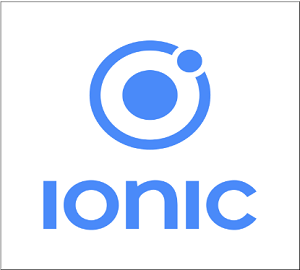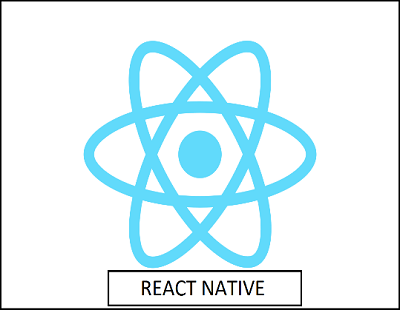Ionic vs React Native
Ionic Vs React Native
Ionic and React Native are both common framework which is used to develop mobile applications. Here, you will know about the popular differences between the ionic and the React Native.
Ionic

Ionic is an open-source
platform that is used to develop mobile applications. It is a free and open-source
component library to build the application that runs on the iOS, Android,
and Web platforms. It uses various web technologies such as HTML,
CSS, SaSS, and JavaScript.
It emphasizes the front-end user’s knowledge or user interface interaction of
the application. It is simple to learn and work with various libraries or
frameworks such as AngularJS and Apache Cordova.
Ionic was introduced by Max Lynch, Ben Sperry, and Adam Bradly of Drifty Company in 2013. The first version of ionic, i.e., 1.0 beta, was released in March 2014. The ionic framework has integrated with Angular, but it also provides support for Vue.js and React.js.
There are some advantages and disadvantages of the ionic framework.
Advantages of Ionic
- If the user is familiar with CSS, HTML, and JavaScript framework, then the learning and developing applications using the ionic framework become simpler.
- Ionic designs and components are extremely customizable. The ionic platform permits components to support the platform on which the application is running.
- The ionic framework uses AngularJS to provide the many functionalities for developers. AngularJS is a mostly used framework by the developers.
- It can be run on multiple platforms like iOS, Android, and the Web.
Disadvantage of Ionic
- The performance of the ionic app is slower than the native application. In some cases, the performance of the ionic application is not noticeable.
- Ionic framework is not supportable for large graphics-dependent apps or video games.
- The ionic application is not secure for financial apps such as banking or e-commerce apps. It does not provide as much security as a native application.
- Ionic technology is under the development phase. It keeps changing its support and quality regularly, and its libraries can be modified at any time.
React Native

React Native is a free and open-source JavaScript framework that is used to develop mobile applications for Android, iOS, and Web platforms. It is developed by Facebook on 26 March 2015. React Native is similar to the React framework capabilities. React Native lets you use only JavaScript to build mobile apps. It uses the same architecture as React and allows you to use declarative components to compose a rich mobile UI.
Advantages of React Native
- The React Native allows a user to build a mobile application with the help of Web technology.
- The React Native helps to build cross-platform mobile applications.
- The React Native application ensure the speed and quickness for the mobile apps. It also provides a great user experience based on the native app.
- It saves time and cost to build mobile applications on multiple platforms.
Disadvantages of React Native
- The long-term commitment of Facebook to the React Native remains unclear.
- The Patent Rights of the platforms are also lightly unclear.
- The React Native is not easy to use and learn, especially for beginners in the development field.
- Companies requiring any Type A security, such as Banking apps or Finance management apps, will need to consider additional precautions.
Comparison chart between the Ionic and React Native
| Features | Ionic | React Native |
| Purpose | Ionic is an open-source platform to develop a hybrid mobile application. | React Native is also an open-source JavaScript platform to develop a mobile application. |
| Developed | Drifty Company developed it in 2013. | Facebook developed it in 2015. |
| Nature of apps | Hybrid applications | Cross-platform applications |
| Languages | It uses various Languages, such as CSS, HTML, and JavaScript. | It uses only JavaScript language to develop a mobile application. |
| Performance | The performance of Ionic is medium. | The performance of React Native is very high. |
| Documentation | The documentation of Ionic is simple, clear, and consistent. | The documentation of React Native is very basic as compared to Ionic. |
| Ease of Development | Write once and run anywhere. | Learn once and write anywhere. |